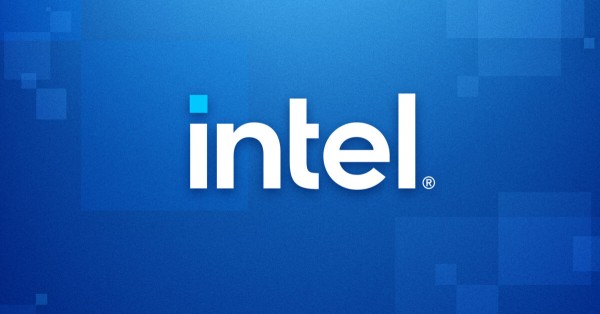Umlaut launched a private 5G standalone Open RAN network in Aachen, Germany, in collaboration with Airspan and Druid Software. The “5G Campus Lab” enables companies across industries to design, test, and implement ultra-high-speed and low-latency connectivity solutions faster without having to invest in building their own network.
This 5G standalone network uses 100 MHz of C-Band spectrum awarded to umlaut and leverages virtualized architecture to deliver flexibility and scalability. Airspan provides its end-to-end Open RAN suite of indoor and outdoor solutions, including software and hardware, as part of umlaut’s network to validate multiple 5G use cases and applications related to private networks. Druid RaemisTM 5G NGC enables enterprise slicing capabilities for this deployment
The 5G Campus Lab offers the following capabilities and services:
- Companies can validate their existing 5G use cases to identify and resolve issues up-front, such as ensuring that different end devices and sensors work smoothly together. They can go hand-on without having to set up their own private 5G networks, which usually require a license from network authorities and are costly to build.
- Companies can experiment with umlaut’s use cases. These include but aren’t limited to the following areas: smart manufacturing, including process automation and predictive maintenance; telemedicine with a digitized rescue chain; software-defined vehicles; and real-time augmented reality for digital twins.
- With its holistic engineering and industry expertise, umlaut helps companies develop and deploy new individual 5G use cases, which leverage best-of-breed technologies, apply security-by-design, and support energy efficiency.
- umlaut supports clients looking to build their own private network with its deep understanding of the challenges behind the integration and interoperability of network devices and technologies such as Open RAN.
Hakan Ekmen, Global CEO Telecommunication at umlaut, says: “We are proud that when it comes to 5G we are once again pioneers. With our 5G campus network, we can test a wide variety of industrial applications and scenarios which provide real value for our customers. We will provide them with tangible, reliable results to help them develop their 5G strategies and proof of concepts, in the perfect test environment, saving the cost of building and operating their own 5G test beds. umlaut will also support our customers in creating their own tailor-made environment from planning license application for network rollout, launch and optimization and managed operation of our clients’ private networks.”
Liam Kenny, CEO of Druid Software, commented on the announcement: “We are delighted to support umlaut as they pioneer 5G standalone capability for enterprise innovation in the German market. umlaut is ideally positioned with the enterprise slicing capabilities of the Druid RaemisTM 5G NGC and Airspan’s ORAN solution to address the business-critical needs of Industry.”
“As a leader in 5G and Open RAN solutions, Airspan is well-positioned to take advantage of the expanded adoption of Open RAN technology and open architecture, and is working closely with other industry leaders, including umlaut, to enhance the ecosystem,” said Airspan President and CEO Eric Stonestrom. “This private network solution leveraging our 5G and Open RAN expertise, software and hardware will help many enterprises develop and validate 5G use cases that will drive innovation.”































